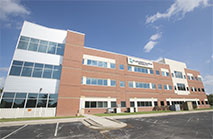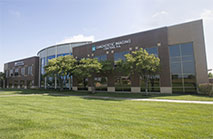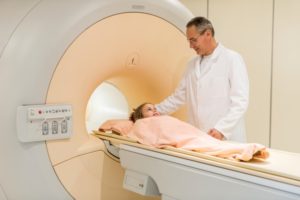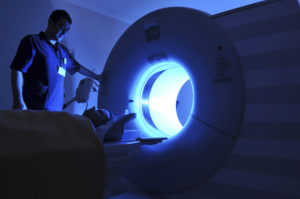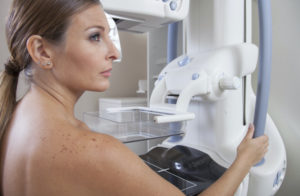What is Hyperplasia?
 When you have a breast biopsy, you may expect results of either no cancer (in the great majority of cases!) or cancer. It may surprise you to know that there may be a variety of other things diagnosed on the biopsy, some of which will have implications for your future breast health management.
When you have a breast biopsy, you may expect results of either no cancer (in the great majority of cases!) or cancer. It may surprise you to know that there may be a variety of other things diagnosed on the biopsy, some of which will have implications for your future breast health management.
If your biopsy shows signs of atypical ductal hyperplasia (sometimes abbreviated ADH), you may be a candidate for more close monitoring. What do the words mean? Atypical means the cells look unusual – not like their normal selves, but not obviously cancerous. Ductal means this is a condition in the ducts of the breasts. And hyperplasia means this is a condition where there is an overgrowth or proliferation of cells. Some think that this could be a precursor to the development of breast cancer, although this is debated. This condition will only be diagnosed by biopsy – you can’t feel it or diagnosis it on imaging.
What’s important about a diagnosis of atypical ductal hyperplasia? First, if your biopsy was performed by needle technique, at times you may have to undergo an open surgical biopsy to follow. This is to ensure that an adequate sample is available to the pathologist for review, as sometimes there is associated grade 0 breast cancer in close association to the area of hyperplasia.
The other important fact is that women with a diagnosis of atypical ductal hyperplasia are at higher risk for development of breast cancer. This is slight – about 4 times the risk of a woman without that diagnosis – but real. The risk also seems to be more important if the diagnosis is made before the age of 45. So, women with a diagnosis of atypical ductal hyperplasia should be screened regularly, and some will advocate additional screening, often with breast MRI.
Being watchful of breast health is something done by a variety of people, from your primary healthcare provider (for CBEs), to your radiologist (mammography, ultrasound, MRI) and YOU (self-exams). As our friend Lindsay Avner puts it, “Intuition speaks so loudly.” If you have been informed of a diagnosis of hyperplasia in your breast, be sure to speak to your doctor should you notice any breast changes.
Originally published 3/10/14 on mammographykc.com.
